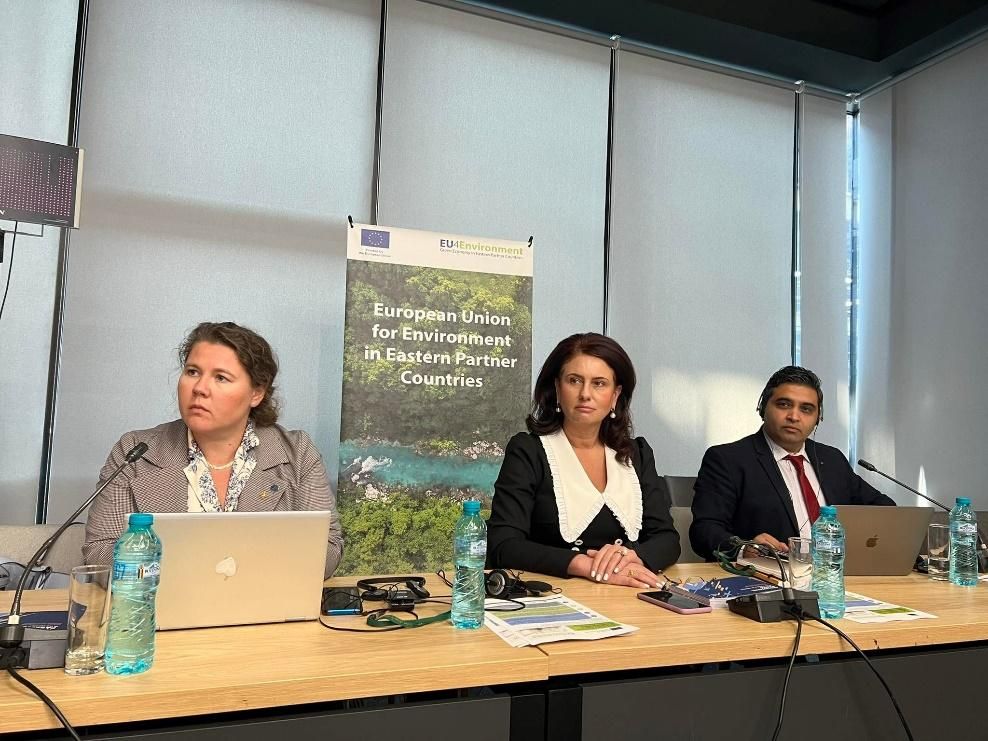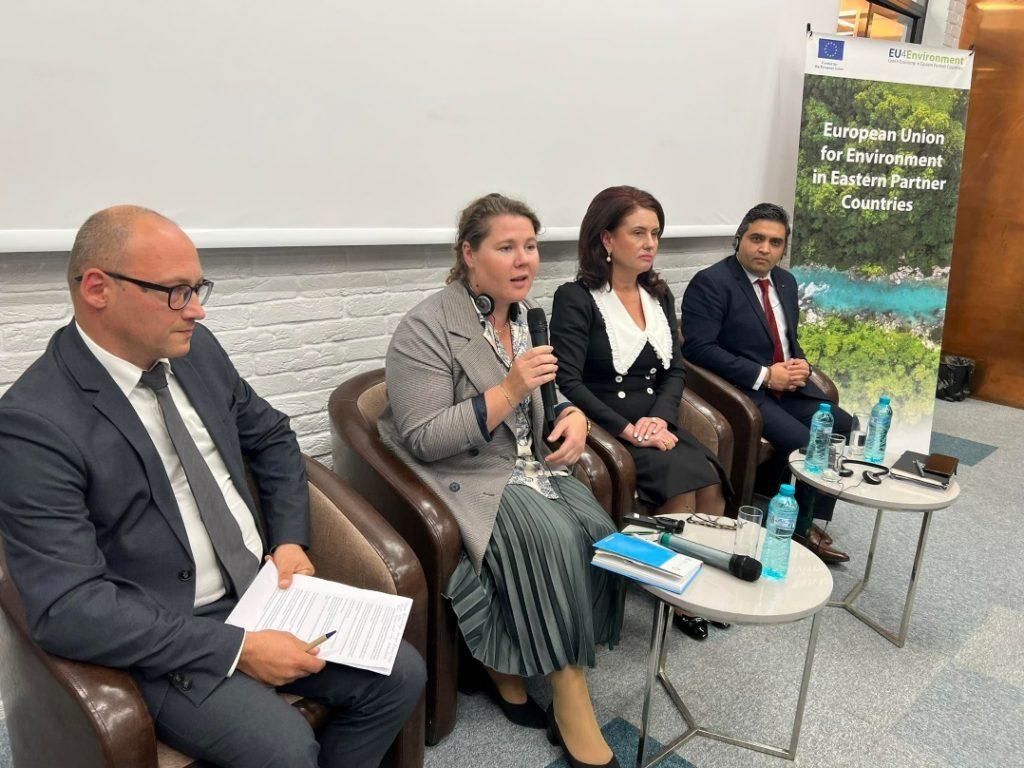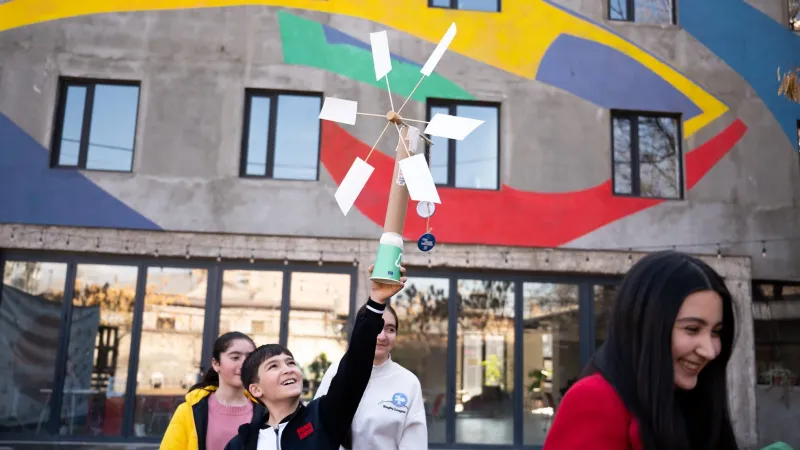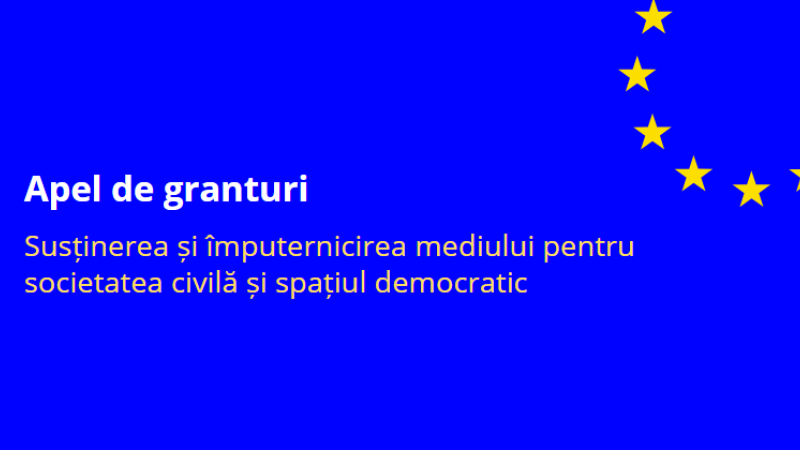
Acțiunea EU4Environment susține promovarea Parcurilor industriale verzi în Moldova
Parcurile industriale și zonele economice libere s-au dovedit de mult timp instrumente eficiente pentru atragerea investițiilor și promovarea dezvoltării regionale. În același timp, mijloacele lor de funcționare, în ciuda beneficiilor economice și sociale evidente, au dus și la rezultate dăunătoare, inclusiv un impact negativ asupra mediului și sănătății umane. Pentru a răspunde la aceasta, crearea de Parcuri Eco-Industriale (EIP) ar contribui la abordarea impacturilor negative cauzate de industrii și de Parcurile Industriale tradiționale.
La nivel global, conceptul de EIP este promovat de Organizația Națiunilor Unite pentru Dezvoltare Industrială (UNIDO), Grupul Băncii Mondiale și Deutsche Gesellschaft fur Internationale Zusammenarbeit (Cooperarea Germană pentru Dezvoltare) (GIZ) GmbH. Împreună, cele trei organizații au definit cerințele de bază și criteriile de performanță necesare pentru ca un parc industrial să se califice ca Parc Eco-Industrial (EIP). Această sarcină pentru realizarea evaluării fezabilității PEI în două parcuri industriale din Republica Moldova intră în activitățile de implementare ale Acțiunii EU4Mediu.

Acțiunea este finanțată de Uniunea Europeană și implementată în acest domeniu de UNIDO, susținută în furnizarea sa de Experții Internaționali EIP de la Sofies, precum și de experții Parcului Național Industrial. În conformitate cu Planul Național de Acțiune pentru implementarea Acțiunii EU4Environment și în acord cu Ministerul Economiei și Ministerul Mediului din Moldova, IP Tracom și FEZ Valkaneș sunt desemnate ca teritorii pilot pentru testarea introducerii. a elementelor metodologice ale unui parc eco-industrial folosind cadrul internațional pentru Parcurile Eco-Industriale.
În ultimele luni, evaluarea fezabilității EIP pentru ambele parcuri a fost întreprinsă prin angajamente la distanță cu echipa internațională de experți EIP. Această misiune pe teren va fi utilizată pentru a urmări aceste discuții, a valida concluziile până la data actuală și va oferi sprijin pentru dezvoltarea pașilor următori concreți și a unui plan de acțiune care să ajute IP-urile să progreseze spre a deveni EIP.


